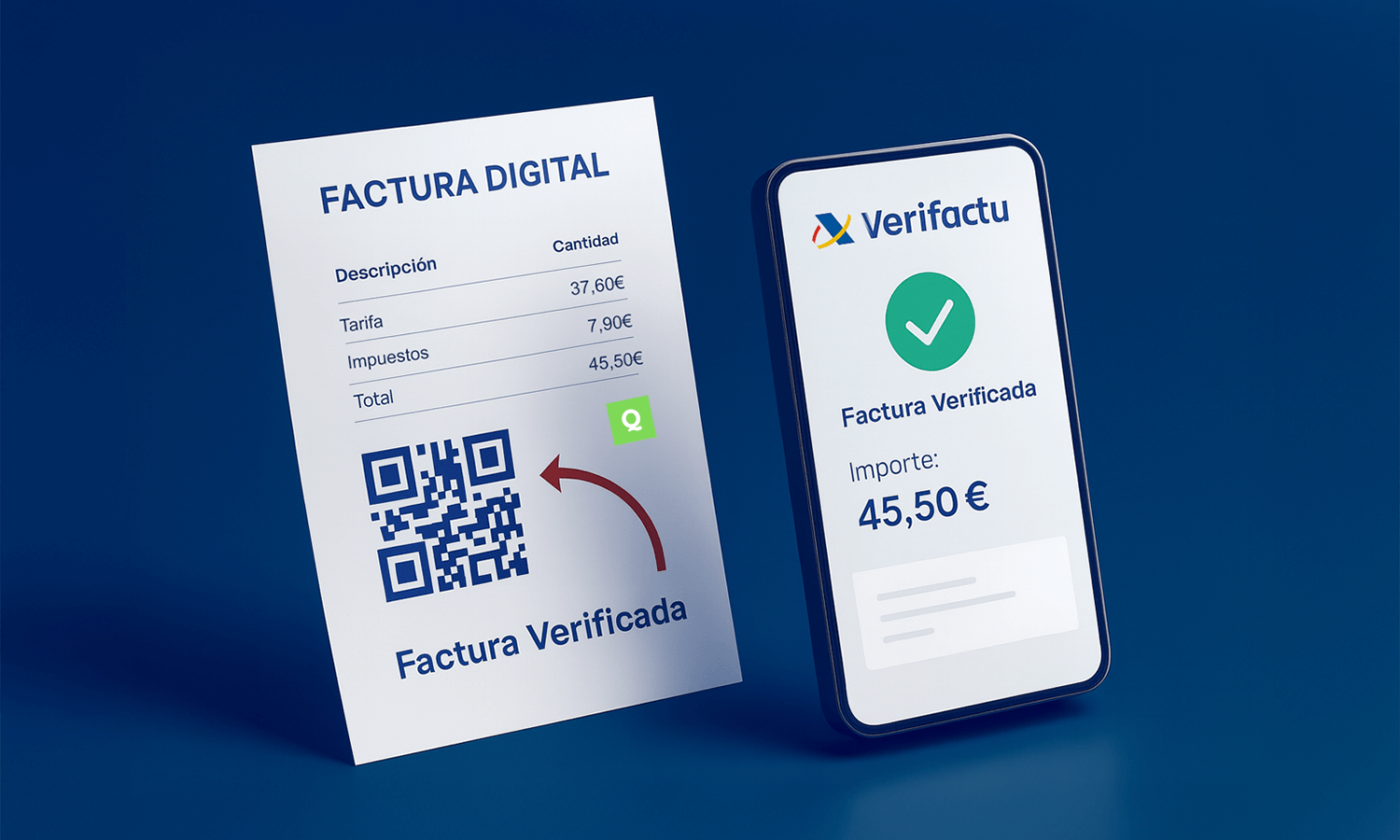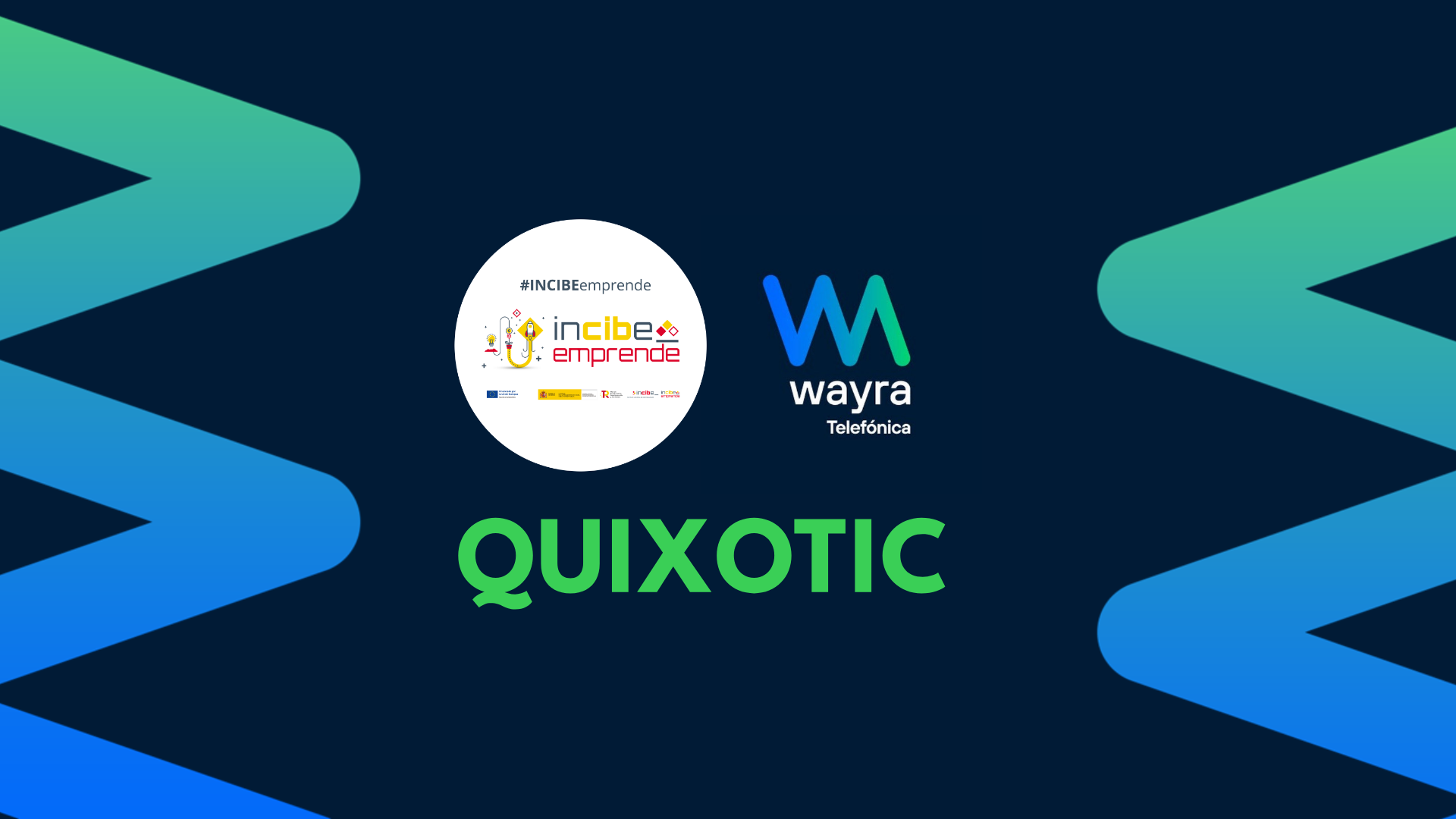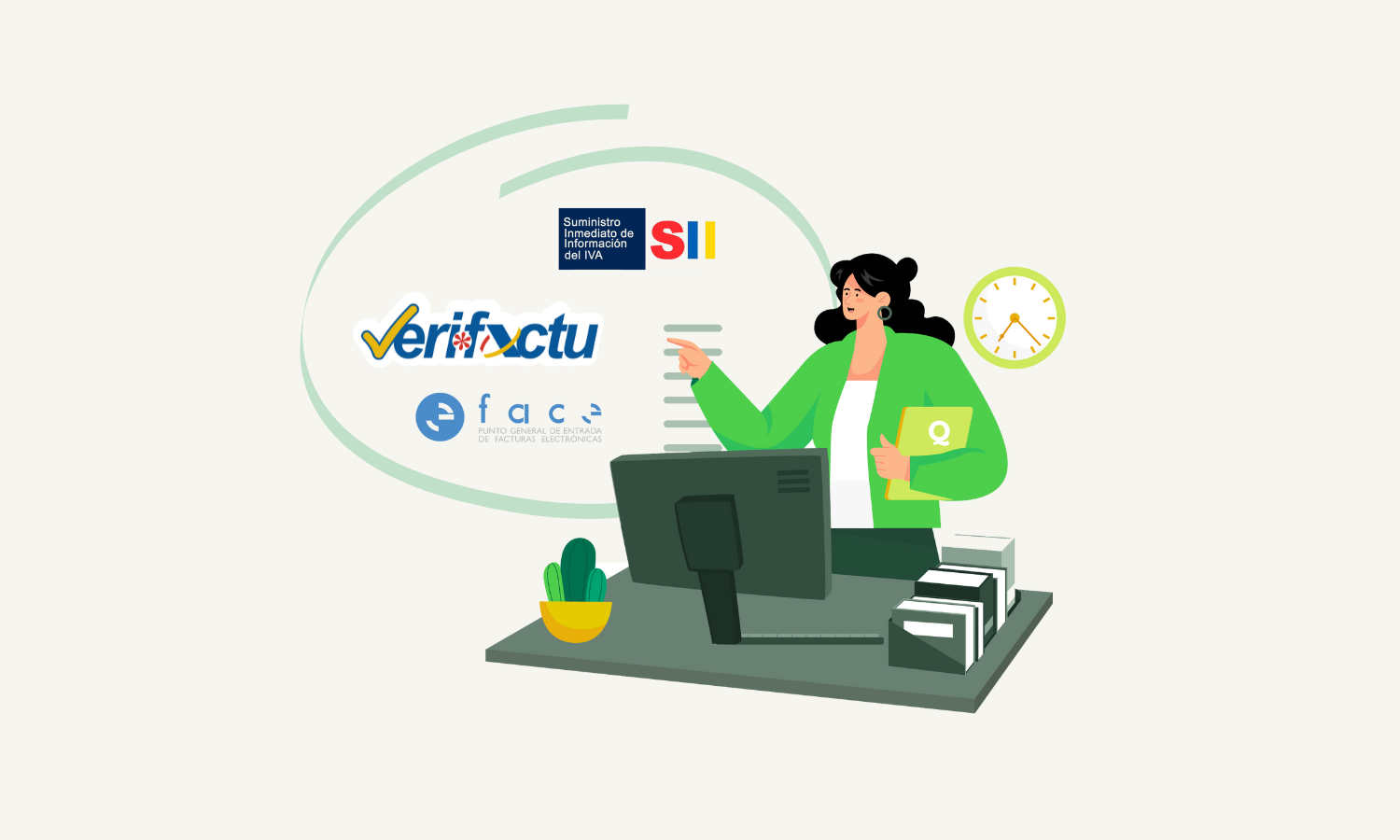Introduction
The launch of the VERI*FACTU system represents much more than just a regulatory change. Starting in January 2026, all companies in Spain —and six months later, the self-employed— will be required to issue invoices under this new control framework established by the Spanish Tax Agency (AEAT). Each invoice will have to be generated in Facturae 3.2.2 (XML) format, with XAdES signature, SHA-256 digital fingerprint, and a QR code that allows real-time verification on AEAT’s official platform.
In the energy sector, this step is especially critical. Energy retailers manage millions of invoices every year, in an environment already shaped by integrations with distributors, regulatory validations, and switching processes that depend on the speed and reliability of systems. The question is not only how to comply with Verifactu in energy retailers’ invoicing—where cancellations and re-invoicing are part of daily operations—but also how to adapt in time without overwhelming operations, ensuring that energy billing software fully complies with the new standards.
The real challenge of Verifactu in Energy
The scale and complexity of the energy industry make this transition incomparable to other sectors. It’s not about issuing a few dozen invoices per month, but rather about:
- Processing millions of ATR files that will now need to be converted into verifiable invoices.
- Correctly handling rectifying and cancelling invoices, which under Verifactu must be recorded with the same traceability as the originals, ensuring their invariability and direct link to the source invoice.
- Guaranteeing the complete traceability of every event (new contracts, cancellations, contract modifications).
- Integrating energy billing with more than 300 distributors and their multiple protocols, while avoiding errors in the exchange of information.
- Preserving years of historical records in an immutable and accessible repository — something only robust energy billing software can guarantee.
The AEAT also requires that systems operate in both online mode (direct submission of each invoice to the administration) and offline mode (storage with digital fingerprinting and later submission). Any inconsistency in this workflow could result in penalties, loss of customer trust, and enormous operational costs. For this reason, it is not enough to simply adjust processes: there must be a clear investment in software for energy invoicing that ensures compliance and operational stability.
From obligation to competitive advantage
The energy sector could view Verifactu as just another burden in an already heavily regulated market. However, the real opportunity lies in turning compliance into an efficiency accelerator.
Companies that embrace this transition with modern, modular energy billing software will be able to:
- Automate invoice generation from ATR data, reducing manual errors and processing times.
- Absorb regulatory updates within the SaaS cost model, avoiding hidden expenses and delays from reprogramming processes or installing patches each time regulations evolve.
- Provide customers with QR-verifiable invoices, reinforcing transparency in a sector where trust is fragile.
- Scale operations without needing to grow back-office teams, thanks to automation, real-time validations, and alerts that stop processes when anomalies arise.
- Centralize energy billing in a single repository, ensuring full control over historical records and audits.
In other words, regulatory compliance can be transformed into a more robust operating model, where the initial investment turns into cost savings and differentiation compared to competitors slower to adapt. The AEAT has already published the Verifactu services, available since April 2025, paving the way toward the full obligation that will take effect in 2026.
The next step: adapting before 2026
The timeline is clear: in just a few months, Verifactu will become mandatory, and energy invoicing in Spain will change forever. Energy retailers that act early will be able to turn this regulatory challenge into a competitive advantage — reducing errors, speeding up processes, and reinforcing customer trust.
At QUIXOTIC, we have already adapted our energy billing software to Spain’s new Verifactu requirements, integrating regulatory validations, issuance in Facturae 3.2.2 with XAdES signature, event logging, and full traceability. Everything is built into a modular, automated, and scalable system for the energy sector.
👉 Want to see how your invoicing will work under Verifactu? Schedule a demo with our team and discover how to make the transition to Spain’s new regulations without slowing down your operations.
.svg)



















